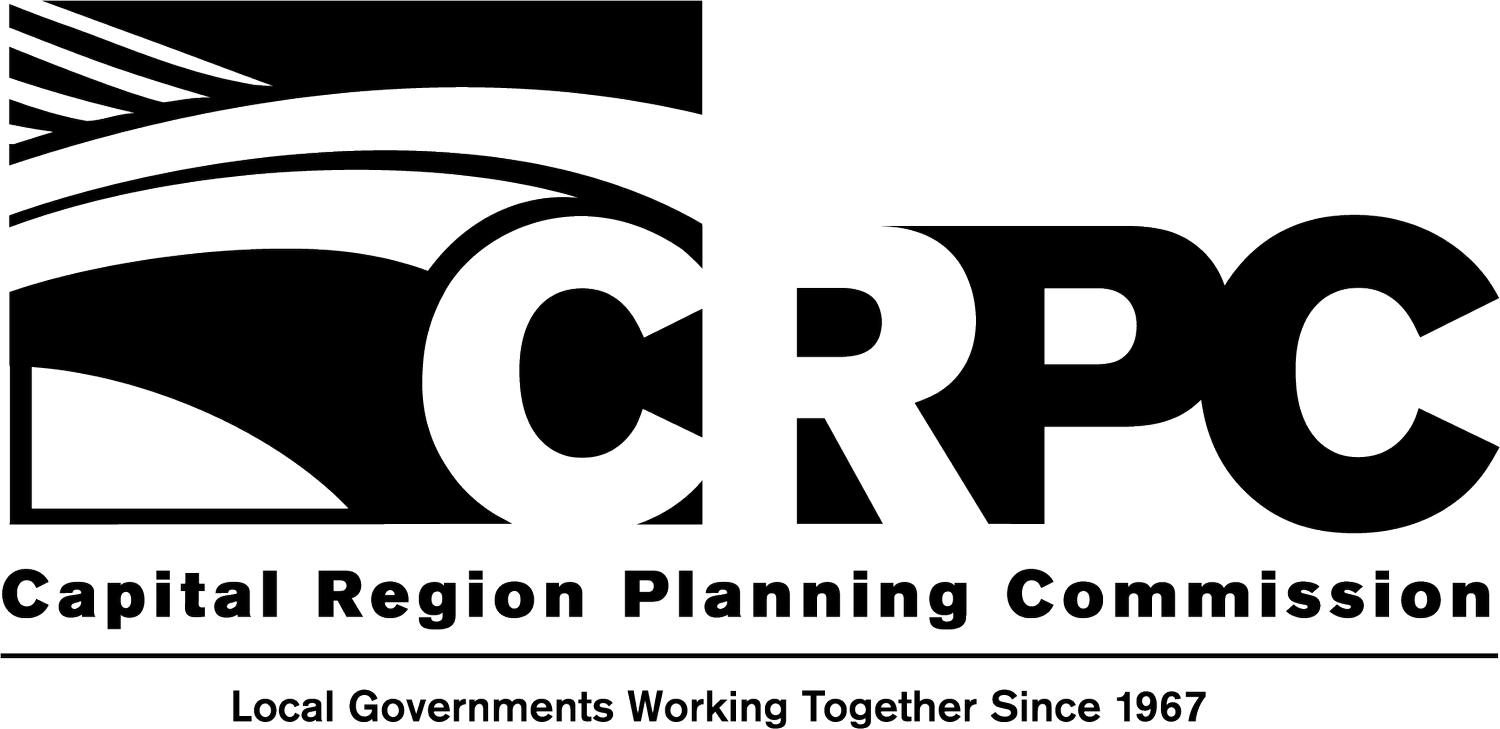The Climate Planning Process
There are two stages to Baton Rouge’s climate process. The first phase—the development of a Priority Climate Action Plan (PCAP) that details steps we can take immediately to reduce climate pollution—is complete. In the second phase, the Capital Regional Planning Commission will develop the Comprehensive Climate Action Plan (CCAP), a strategy for reducing pollution in the long term. The Plans are funded by a Climate Pollution reduction Grant from the Environmental Protection Agency.
The Priority Climate Action Plan
The Capital Regional Planning Commission has already developed and adopted a PCAP.
How the PCAP Was Developed
The Capital Regional Planning Commission worked with consultants and partners to develop the plan. The actions were designed by combining technical analysis with community input. The actions were chosen based on the following criteria:
How much climate pollution they could reduce
The availability of funding for the action
The potential for the action to create positive transportations
Other environmental benefits of the action
The positive impact of the action on low-income and equity-seeking communities
The feasibility of the action
What the PCAP Will Do
The plan includes 12 priority actions to reduce climate pollution from transportation, promote energy-efficient buildings, and develop renewable energy while restoring and improving natural spaces. The PCAP also has one priority action to promote industrial decarbonization by creating an alliance with local government agencies to power industry with green hydrogen and other renewable energy sources.
Reducing Climate Pollution by Improving Transportation
The PCAP focuses on making it more convenient for people to walk, bike, and take public transport instead of using their cars, as well as promoting EVs and building EV chargers to make it easier for people to use electric cars. Reducing air pollution from cars increases life expectancy. Additionally, these measures will create jobs in the transportation industry.
Improving bicycling and walking infrastructure: The PCAP recommends expanding the East Baton Rouge Parish Bicycle and Pedestrian Master Plan, including to low-income communities.
Making public transportation more convenient: The PCAP calls for improving CATS services in the cities of Baton Rouge and Baker to and expanding the Plank-Nicholsen Bus Rapid Transit System. The PCAP also recommends creating transit systems in Baton Rouge MSA’s five parishes (East and West Baton Rouge, Ascension, Iberville, Livingston) to improve access for communities outside the city of Baton Rouge.
Create a BR-NOLA Rail: The PCAP recommends creating an inter-city passenger rail service between Baton Rouge and New Orleans to provide a reliable alternative to driving.
Promoting EVs: The PCAP recommends establishing a Clean Cars 4 All Program to provide support to lower-income communities to purchase hybrid cars and EVs, as well as e-bikes and other alternatives to regular gas-powered cars.
Additionally, the PCAP recommends giving people financial support for installing home chargers and/or prepaid charge cards when they buy hybrid or electric cars.
Promoting Energy-Efficient Buildings
The PCAP includes actions focused on making buildings more energy efficient and improving design features like insulation, so less energy is required to run buildings. These steps help reduce energy waste and make buildings more comfortable while creating jobs in the construction sector. They also reduce how much renewable energy is required to run buildings as we phase out fossil fuels.
Develop net-zero neighborhoods: The PCAP recommends building 2,000 new net-zero homes in existing communities by 2034. Net-zero homes produce as much energy as they consume, typically through solar panels, and powering them creates minimal climate pollution.
Low-interest loans for energy efficiency retrofits: The PCAP calls for creating a low-interest loan program for home energy efficiency retrofits with zero-interest loans for low-income households. These loans could go to measures such as improving installation or installing heat pumps, which can lower energy costs and air pollution.
Incentivize high-efficiency buildings: The PCAP recommends providing developers with incentives, such as density bonuses and reduced parking requirements, for building to high-efficiency performance standards and incorporating efficient technologies. These measures can reduce energy waste and bills while decreasing the burning of fossil fuels.
Developing Renewable Energy
The PCAP explains how local government agencies can promote local solar energy and microgrids, which are small electricity networks serving neighborhoods or groups of neighborhoods next to one another. While these grids can be connected to the larger grid, they can also operate independently with local solar energy, making them more resilient during hurricanes and other events that knock out the larger grid. Creating these systems will create local energy jobs, along with renewable energy for producing green hydrogen for industry.
Developing community solar projects: The PCAP recommends developing community solar projects that can provide clean electricity in place of power produced with coal and other fossil fuels. Producing solar energy is cheaper than ever before and backed by federal funding.
Building microgrids: The PCAP calls for developing 10 microgrids in the cities of Baton Rouge and Gonzales to distribute solar energy.
Restoring and Improving Natural Spaces
Natural spaces absorb carbon dioxide through a process called carbon sequestration and help improve air quality and health. The PCAP includes measures to restore natural areas and grow our tree canopy.
Restoring wetlands and other natural areas: The PCAP calls for restoring and enhancing 200 acres of local wetlands and natural areas, such as prairie and forest ecosystems, annually.
Planting and caring for trees: The PCAP recommends improving the region’s tree canopy, which will improve air quality and help cool our communities during heat waves.
Reducing Climate Pollution From Industry
